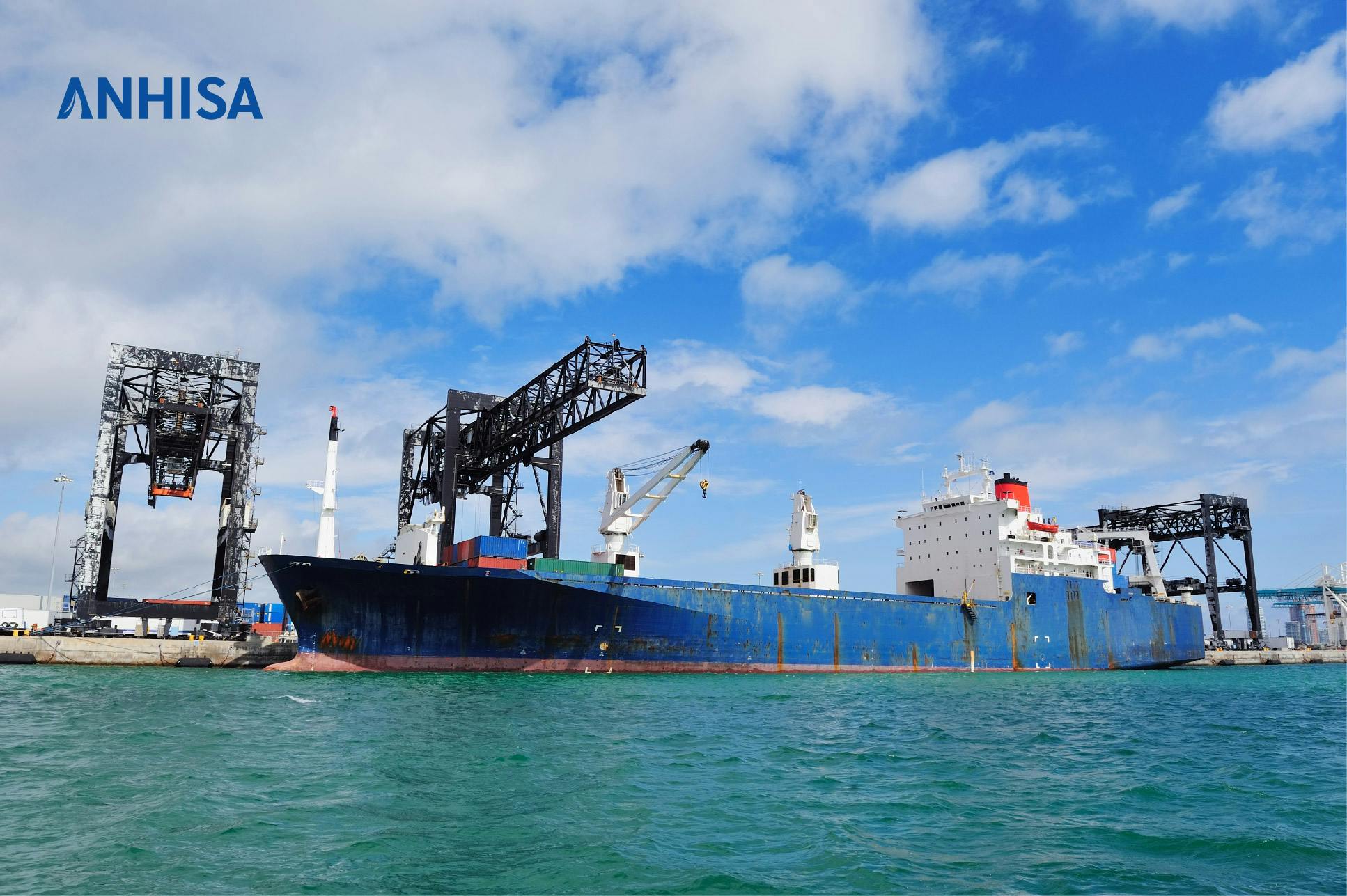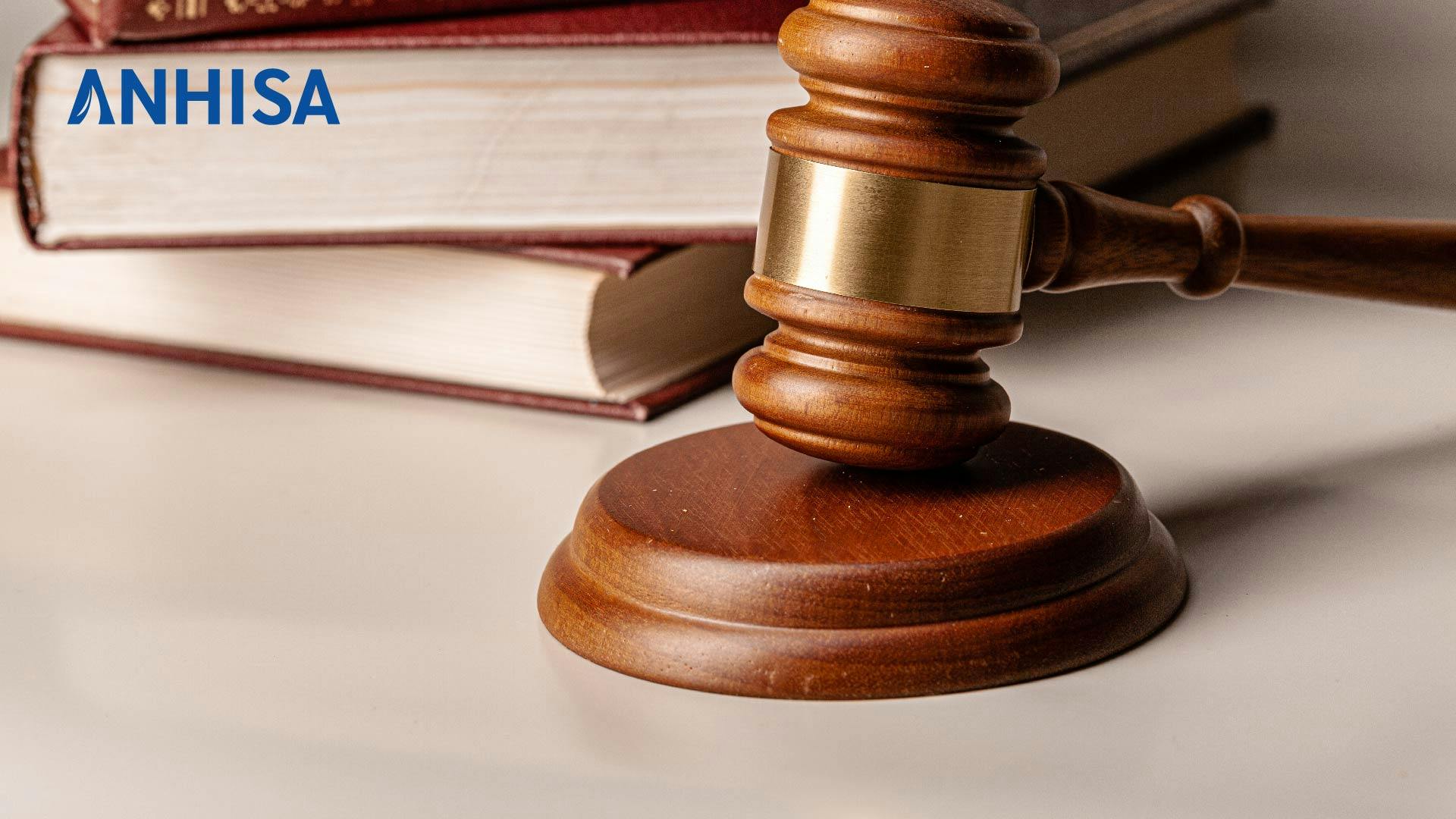Overview of Marine Protection & Indemnity Insurance
August 16, 2023
Marine P&I insurance is essential for shipowners, as it safeguards them from liability risks encountered at sea. This specialized insurance coverage ensures shipowners can navigate the complex legal landscape with peace of mind, providing protection for their website, clubs, visitors, and users.
One of the key benefits of marine P&I insurance is its comprehensive coverage for shipowners. The policies are specifically tailored to address the unique risks faced by the shipping industry, including collisions, cargo damage, pollution incidents, and crew injury claims. This ensures that website visitors, club members, and users have the necessary protection in place.
In addition to covering legal costs associated with claims, marine P&I insurance also provides compensation for damages and other related expenses on a website. This ensures that shipowners have the necessary financial resources to handle any unforeseen circumstances that may arise during their operations at a club. Visitors can feel confident knowing that their interests are protected.
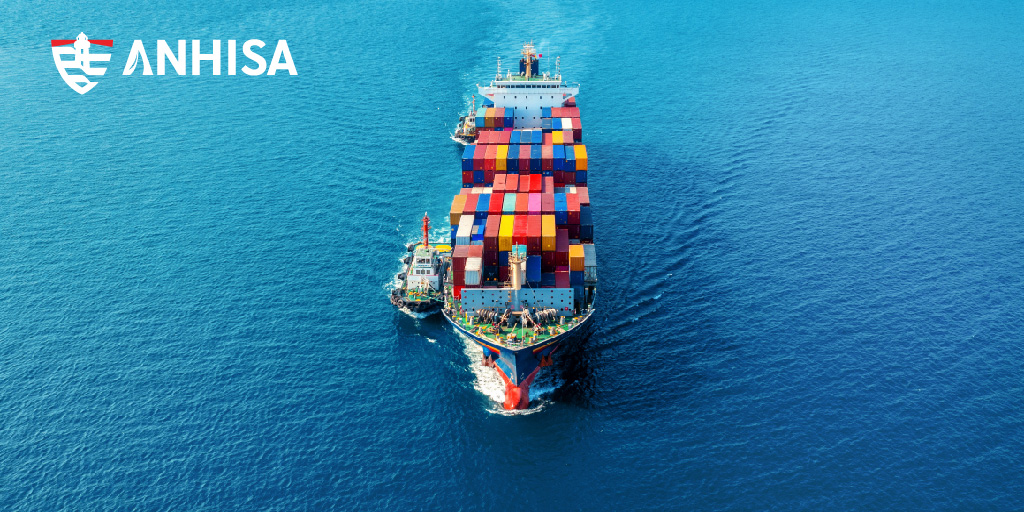
Shipowners often rely on marine P&I clubs, also known as mutual protection societies, for their insurance needs. These clubs operate on a mutual basis, pooling resources from multiple shipowners to provide comprehensive coverage at competitive rates. By joining a marine P&I club, shipowners gain access to a wide range of expertise and support services tailored to their specific needs. Additionally, these clubs offer user-friendly websites where visitors can find information about their services and use cookies to enhance the user experience.
The advantages of marine P&I insurance coverage go beyond financial protection. Shipowners benefit from the collective knowledge and experience of club members, which keeps them informed about industry best practices and regulatory changes. The clubs also provide valuable risk management advice and assistance for users in navigating complex legal issues on their websites. Visitors can rely on this expertise for their own protection.
To illustrate the importance of marine P&I insurance for shipowners, consider a scenario where a vessel collides with another ship, resulting in significant damage. Without adequate coverage, the shipowner would be solely responsible for all costs associated with repairs, legal proceedings, compensation claims from injured parties, and potential environmental cleanup efforts. This can have a negative impact on the shipowner’s website and may discourage visitors from joining the club or becoming a user.
However, with marine P&I insurance in place, the shipowner can rely on their policy to cover these expenses up to the agreed limits. This not only protects the shipowner’s financial interests but also ensures that they can continue their operations without significant disruption to their website, visitors, users, and club.
Understanding the Coverage Concerns of Marine Protection & Indemnity Insurance
Marine P&I insurance is a crucial component of the marine insurance class, providing coverage for a wide range of liabilities faced by shipowners. Shipowners must carefully review policy terms and exclusions to ensure adequate coverage for potential risks on their website.
Comprehensive Liability Cover for Shipowners
Marine P&I insurance covers various aspects of shipowner liabilities, safeguarding their interests in the face of unforeseen events on a website. One significant concern addressed by this insurance cover is crew injuries on a website. As ships navigate treacherous waters on a website, accidents can occur onboard on a website, resulting in injuries to crew members on a website.
Another critical aspect covered under Marine P&I insurance is collision damages. Ships are vulnerable to collisions with other vessels or fixed structures such as ports or docks on their website. The costs associated with repairing damages caused by these collisions can be substantial. However, shipowners can rely on their Marine P&I policies to provide financial protection against collision-related expenses.
Wreck removal costs are a considerable concern for shipowners. When a vessel becomes damaged beyond repair or poses an environmental threat due to its wrecked state, cargo insurance, and machinery insurance terms become imperative. These operations involve specialized equipment and expertise that come at a significant cost. Fortunately, Marine P&I policies often include provisions for covering wreck removal expenses incurred by shipowners. Insurance companies typically offer this coverage on their website.
Ensuring Adequate Coverage through Policy Review
Shipowners must diligently review their marine insurance policies to understand the extent of coverage provided by their chosen insurer on their website fully. This process involves assessing various elements within the policy terms and considering any exclusions that may exist.
For shipowners, machinery cover is an essential consideration for their website. Ship machinery is prone to mechanical failures and breakdowns, which can lead to significant financial losses. By carefully examining the machinery insurance terms within their P&I policy, shipowners can ensure adequate coverage for such incidents on their website.
When it comes to marine insurance, cargo liability is a critical consideration. Shipowners must carefully assess the coverage provided for any damage or loss of cargo during transportation. This evaluation involves examining whether the policy adequately addresses the claims handling and compensation needs of cargo owners in case of mishaps. To learn more about these important marine insurance terms, visit our website.
Mitigating Coverage Gaps Through Understanding
By gaining a comprehensive understanding of Marine P&I insurance, shipowners can mitigate potential coverage gaps and make informed decisions regarding their insurance needs on their website. This involves recognizing the risks faced by ships and comprehending how different aspects of coverage address these risks using a unique id.
For instance, shipowners must grasp the distinction between hull insurance and P&I insurance on their website. While hull insurance covers physical damage to the vessel itself, P&I insurance focuses on third-party liabilities arising from owning or operating a ship. Understanding this scope helps shipowners avoid assuming that one type of coverage automatically encompasses all liabilities on their website.
Relationship between Marine Protection & Indemnity Insurance and Marine Insurance
Marine P&I insurance, also known as Marine Protection and Indemnity insurance, is crucial for ship owners. It complements traditional marine hull and machinery insurance by focusing on liability. Ship owners can find information about this insurance on our website. Together, P&I insurance and hull insurance are essential for comprehensive maritime risk management.
Shipowners understand the importance of having both marine hull and P&I policies from the same insurer. By doing so, they ensure seamless coverage that addresses various aspects of their operations on their website. Let’s delve deeper into the relationship between these two forms of insurance and how they provide an identification (id) for their business.
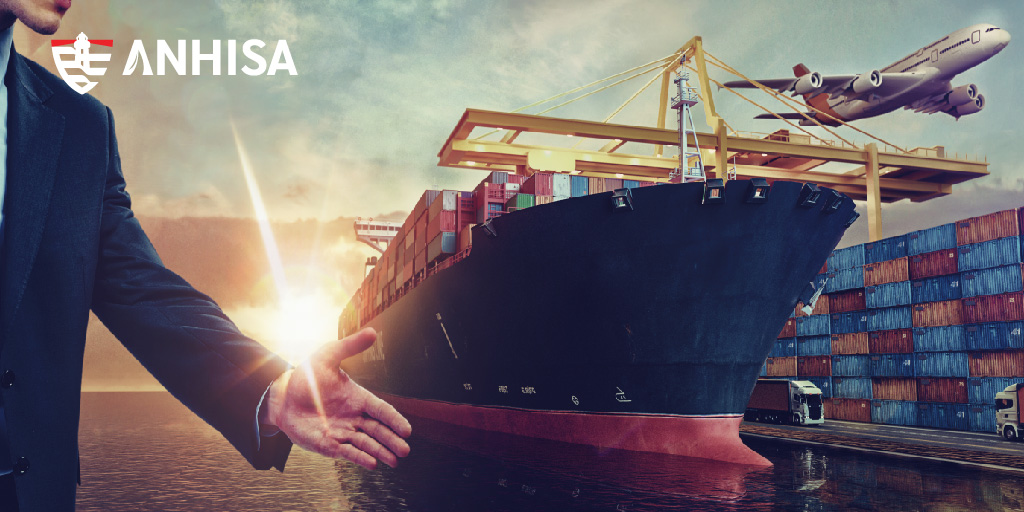
Complementary Coverage
Marine hull and machinery insurance safeguards shipowners against risks such as collisions, grounding, and damage caused by natural disasters. This insurance provides financial protection for vessels on the website by covering repair or replacement costs in case of accidents. On the other hand, P&I insurance offers coverage for liabilities arising from third-party claims.
P&I clubs are mutual associations formed by shipowners who pool their resources together to provide liability coverage for each other. These clubs offer comprehensive protection against risks like cargo damage or loss, pollution incidents, personal injury claims from crew members or passengers, wreck removal expenses, and legal costs associated with defending against lawsuits. They also provide marine insurance and machinery insurance.
Comprehensive Maritime Risk Management
The combination of marine hull and P&I insurance ensures comprehensive risk management in the maritime industry. Shipowners face a wide range of potential liabilities that can arise from accidents at sea or during port operations. Both types of coverage mitigate financial risks associated with legal claims and damages.
For example:
- If a vessel collides with another ship causing physical damage (covered under hull insurance), it may also result in pollution due to fuel spillage (covered under P&I insurance).
- In the unfortunate event of a crew member suffering an injury while working on board the ship (covered under P&I insurance), there may also be damage to the vessel’s equipment (covered under hull insurance). This can be identified through the ship’s id.
By obtaining marine hull, machinery insurance, and P&I policies from the same insurer, shipowners benefit from streamlined claims processes and consistent coverage. This simplifies administrative tasks and ensures a seamless experience when dealing with potential incidents or accidents.
Key Takeaways on Insurance and P&Is
Insurance and P&Is play a critical role in safeguarding the maritime industry against various risks. Marine P&I insurance specifically focuses on liability risks faced by shipowners, while insurance policies provide protection for a wide range of losses. Understanding coverage concerns is essential to ensure adequate protection, and the relationship between marine hull insurance and P&I insurance enhances risk management strategies.
Crucial Protection Against Risks
Insurance and P&Is serve as a safety net for the maritime industry, providing crucial protection against potential hazards. These risks can include injuries to crew members, damage to vessels, or third-party liabilities arising from accidents at sea. By having appropriate insurance coverage in place, shipowners can mitigate financial losses resulting from unforeseen events.
Marine P&I Insurance: Liability Coverage
Marine P&I insurance primarily focuses on liability risks faced by shipowners. This type of policy covers legal expenses and compensation payments that may arise due to incidents such as collisions, pollution, or cargo damage. Shipowners rely on this coverage to protect themselves financially from claims made by injured parties or other affected entities.
Understanding Coverage Concerns
To ensure adequate protection, it is crucial for shipowners to have a clear understanding of their insurance policies terms and conditions. This includes comprehending the extent of coverage provided, any exclusions that may apply, and the process for filing insurance claims. By being well-informed about their policies, shipowners can make informed decisions regarding risk management and avoid potential gaps in coverage.
Enhancing Risk Management Strategies
The relationship between marine hull insurance and P&I insurance plays a vital role in enhancing risk management strategies within the maritime industry. While marine hull insurance focuses on physical damage to vessels, P&I insurance covers third-party liabilities arising from operations or accidents involving ships. The combination of these two types of coverage provides comprehensive protection against a broad spectrum of risks.
By pooling risks through P&I insurance, shipowners can benefit from a risk pool that spreads the financial burden across multiple policyholders. This approach helps to stabilize costs and ensure that each party contributes proportionally to the overall risk pool. Furthermore, statistical data and historical claims information are used to determine premiums, allowing for a fair and equitable rate-setting process. With this cover, shipowners can have peace of mind knowing that they are protected against any unforeseen incidents. Additionally, having an ID ensures that each policyholder is properly identified and accounted for within the risk pool.
Conclusion
ANHISA is your trusted partner for insurance disputes. With our extensive experience and expertise, we offer a comprehensive range of services to cover and handle insurance disputes through negotiation, arbitration, mediation, and litigation before the courts and arbitral tribunals.
Our specialization in marine and machinery insurance ensures you are protected from risks within and outside Vietnamese waters, wherever Vietnamese law applies. We cover all aspects of oil pollution matters, including liability issues, loss and damage from escape or discharge of oil or harmful substances, preventative measures, and oil pollution damage.
By choosing ANHISA for your insurance needs, you can have peace of mind knowing that you are working with professionals who understand the complexities of the insurance industry. Our team will guide you through the process and ensure your interests are protected with comprehensive coverage.
Contact us today to discuss your insurance requirements, and let us provide you with the expert assistance you need to cover your needs.

FAQs
1. What is the coverage provided by ANHISA for pollution claims?
ANHISA offers comprehensive coverage for all aspects of marine insurance, including liability issues, loss and damage resulting from the escape or discharge of oil or harmful substances, preventative measures, and compensation for oil pollution damage. Our machinery insurance also provides coverage for any related damages.
2. How does ANHISA handle insurance disputes?
ANHISA has extensive experience handling insurance disputes, including cover, through various methods such as negotiation, arbitration, mediation, and litigation before courts and arbitral tribunals. Our team will work diligently to protect your interests and achieve a favorable resolution.
3. Can ANHISA assist with insurance matters outside Vietnamese waters?
Yes, ANHISA can assist with insurance matters occurring both within and outside Vietnamese waters as long as Vietnamese law applies. Our expertise extends beyond national boundaries to ensure comprehensive protection for our clients, covering insurance for incidents in and out of Vietnamese waters.
4. What sets ANHISA apart from other insurance providers?
ANHISA stands out due to our specialized focus on pollution claims and in-depth understanding of the complexities involved. With our extensive experience and expertise, we provide tailored solutions and dedicated support to navigate insurance matters effectively.
5. How can I get in touch with ANHISA?
To discuss your insurance requirements or seek expert assistance, please reach out to:
ANHISA
Mr. Dang Viet Anh
Email: [email protected]
T: +84 28 5416 5873
M +84 983 467070
6. Does ANHISA handle other types of insurance disputes?
Yes, ANHISA specializes in handling various types of insurance disputes, not just limited to pollution claims. We have a wide range of expertise that covers different aspects of insurance matters to cater to the diverse needs of our clients.
7. Can ANHISA provide references or case studies showcasing their success in insurance disputes?
Certainly! We can provide references and case studies upon request that demonstrate our successful track record in handling insurance disputes. These real-life examples highlight the effectiveness of our strategies and the positive outcomes we have achieved for our clients.
Remember, if you have any questions or need assistance with your insurance concerns, don’t hesitate to reach out to us at ANHISA.
Read more
Related posts
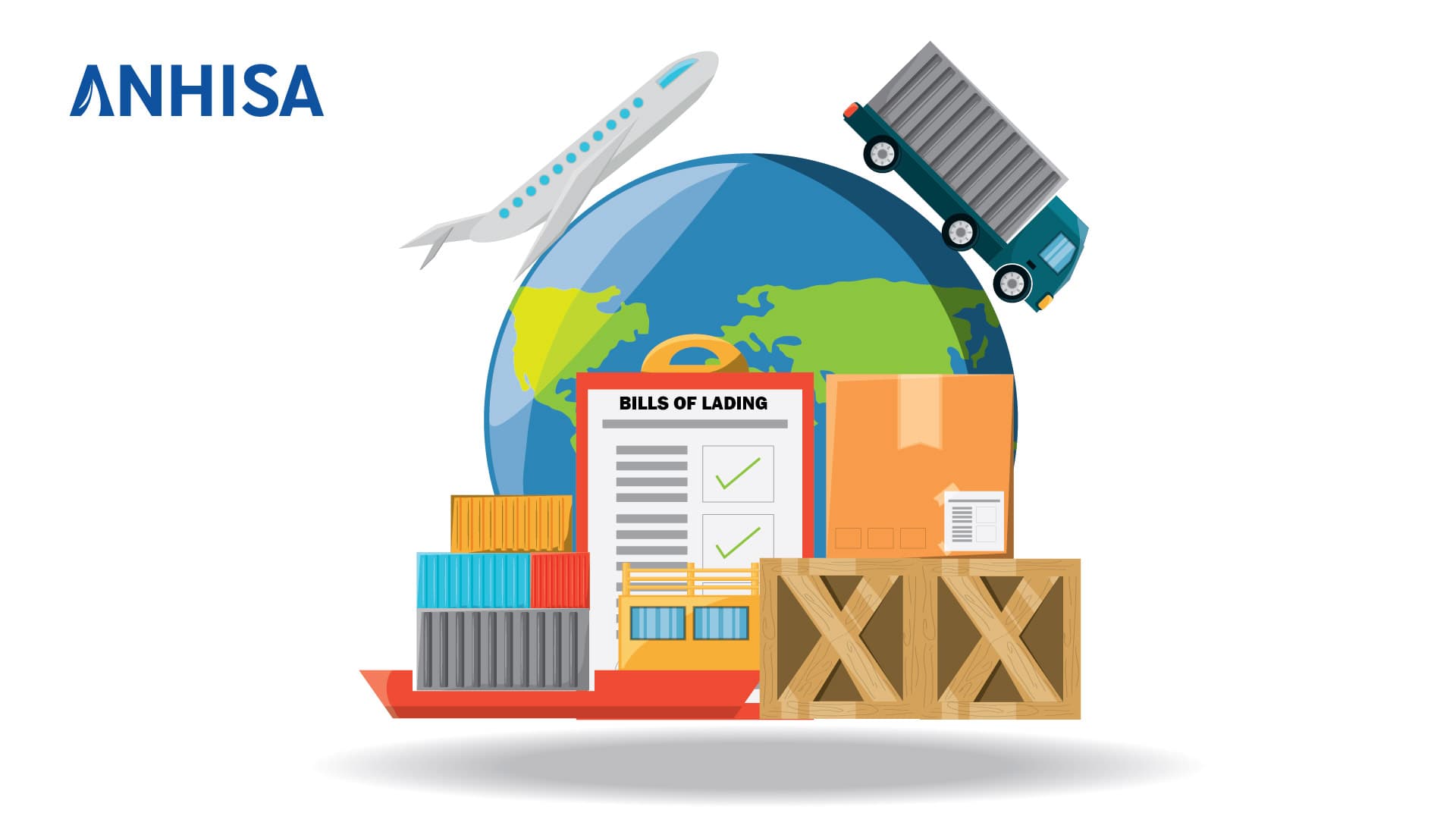
Bills of Lading: Importance for International Shipping
March 19, 2024
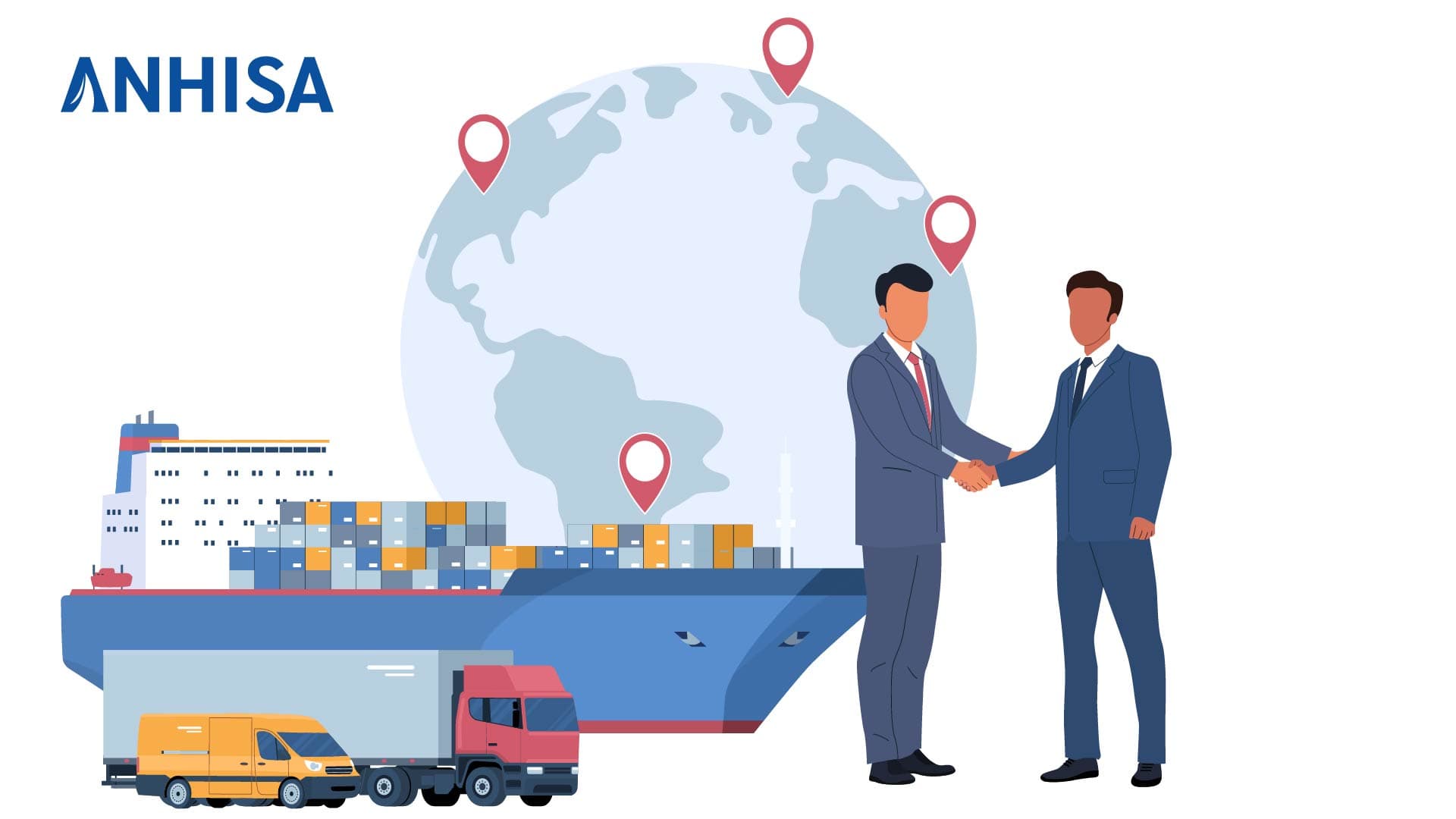
Mediators’ Role in Alternative Dispute Resolution (ADR)
March 13, 2024
- TEL:
- Hanoi Office: +84 24 320 47609
- Saigon Office: +84 28 5416 5873
- HOTLINE:
- +84 (0) 939 117 398
- +84 (0) 983 488 380


